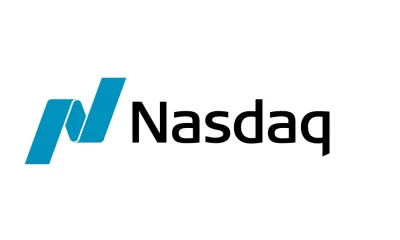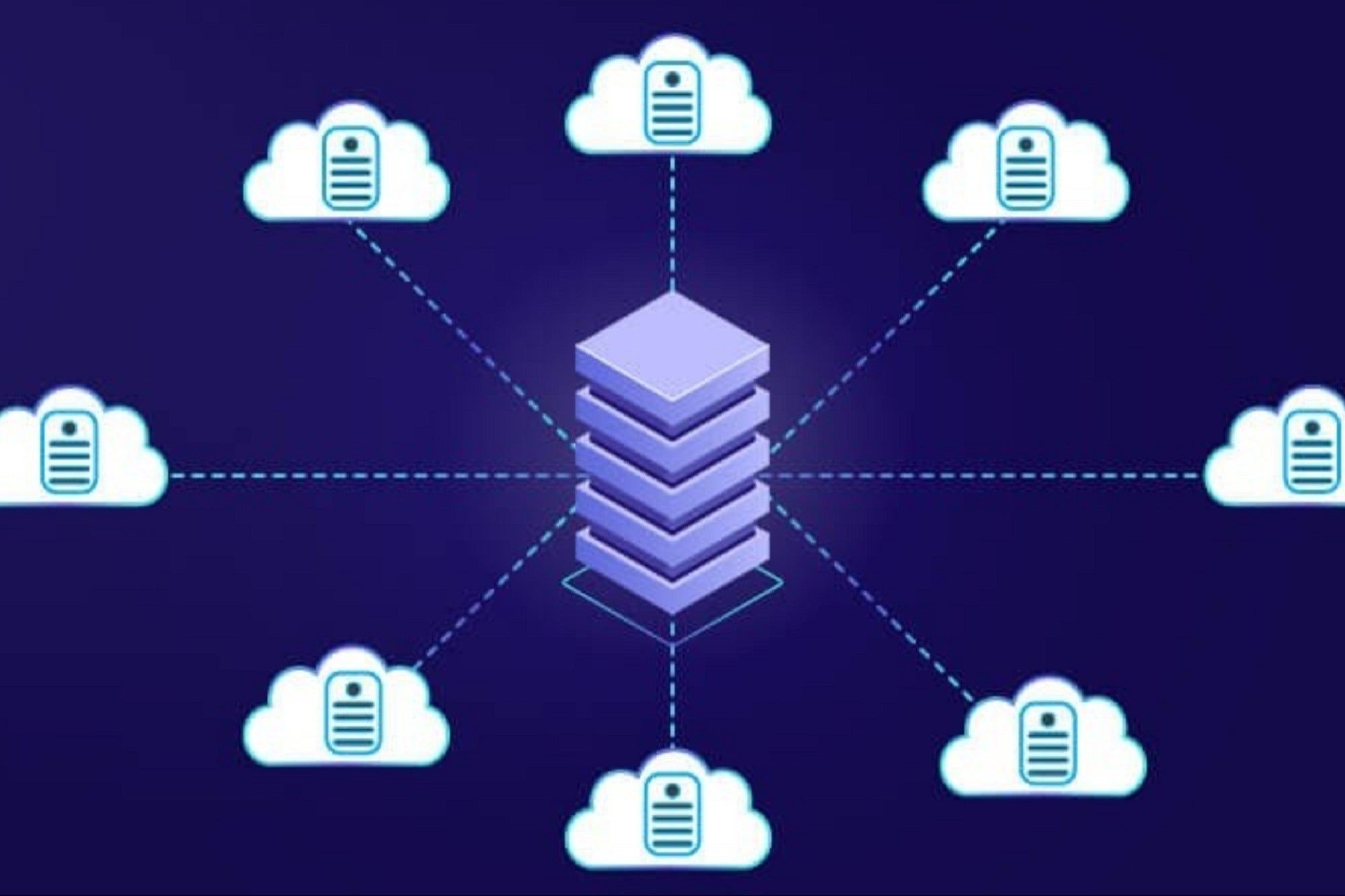Markets
Circle’s USDC token will go native on Celo blockchain
Circle’s USD Coin will launch natively on the Celo blockchain, the Celo Foundation has announced. Minting USDC on the blockchain will boost Celo’s use cases for real-world assets and enhance USDC’s convertibility into fiat currencies.
-

 Business1 week ago
Business1 week agoNasdaq-listed fintech Netcapital acquires crypto native protocol Mixie
-

 Business1 week ago
Business1 week agoKenya’s crypto tax could hinder Africa’s digital growth opportunity
-

 Business1 week ago
Business1 week agoMetaplanet shares jump after $5.4B plan to buy Bitcoin
-

 Business5 days ago
Business5 days agoSEC axes Biden-era proposed crypto rules in flurry of repeals
-

 Business1 week ago
Business1 week agoHong Kong to use Chainlink protocol in CBDC pilot project
-

 Business1 week ago
Business1 week agoSEC Chair bashes Gensler’s approach to crypto, defends self-custody
-

 Business1 week ago
Business1 week agoBlackRock’s Bitcoin fund blows past $70B in record pace for ETFs
-

 Business1 week ago
Business1 week agoTether USDT stablecoin seen on Bolivian store price tags



























